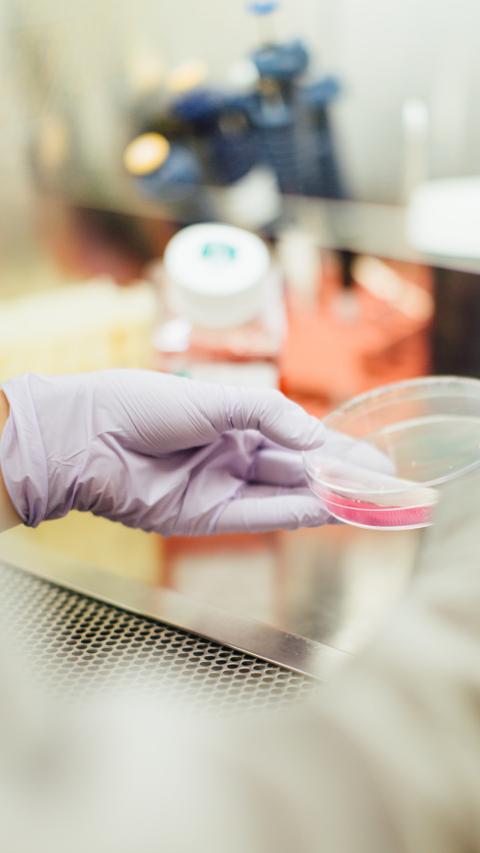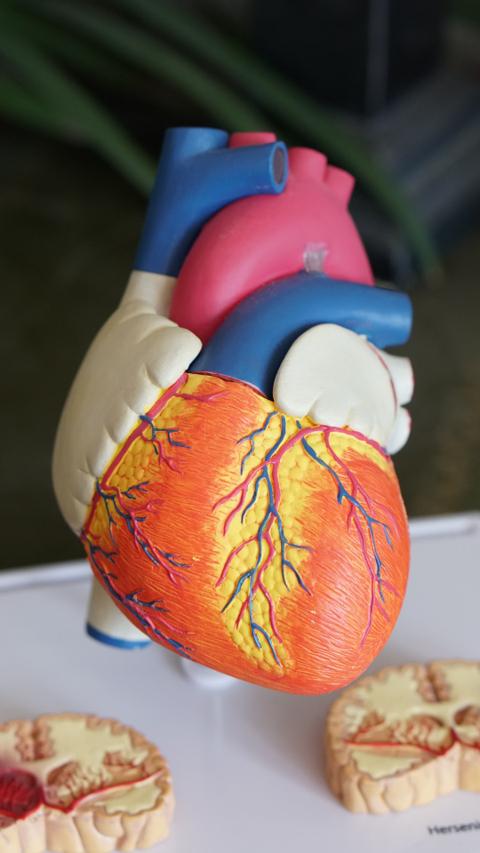Complex interactions between infectious agents and the host immune
The interaction between infectious agents and the host immune system is a dynamic and intricate process that shapes the outcome of infection. Pathogens have evolved sophisticated mechanisms to evade, manipulate, or exploit the immune response, while the host immune system employs various defense mechanisms to combat invading pathogens.
Understanding these interactions is essential for developing effective strategies for infection control, vaccine development, and therapeutic interventions.

Recognition and Response
Upon encountering a pathogen, the innate immune system serves as the first line of defense, recognizing conserved molecular patterns associated with pathogens through pattern recognition receptors (PRRs). This triggers a cascade of immune responses, including inflammation, activation of phagocytes, and production of antimicrobial peptides. Pathogens, in turn, employ strategies to evade or subvert the host immune response. This may involve disguising themselves to evade recognition by PRRs, secreting immunomodulatory molecules to dampen immune activation, or directly attacking immune cells.

Adaptive Immune Response
The adaptive immune response, mediated by T and B lymphocytes, provides antigen-specific immunity and generates immunological memory. T cells recognize pathogen-derived peptides presented by major histocompatibility complex (MHC) molecules on antigen-presenting cells, while B cells produce antibodies that neutralize or eliminate pathogens.
Pathogens have evolved mechanisms to evade adaptive immune responses, such as antigenic variation (changing surface antigens to escape recognition), suppression of antigen presentation, or interference with T cell activation and function.

Immunopathology and Disease
In some cases, the immune response itself can cause tissue damage and contribute to disease pathology. Excessive inflammation, dysregulated immune activation, or autoimmune responses may result in collateral tissue damage and exacerbate the severity of infection.
Certain pathogens have evolved mechanisms to exploit host immune responses for their benefit, such as using host cells as reservoirs for replication, inducing immunosuppression to facilitate chronic infection, or manipulating host signaling pathways to promote survival.

Host Defense Mechanisms
Host defense mechanisms encompass a range of strategies aimed at eliminating or containing pathogens. These include physical barriers (e.g., skin and mucosal surfaces), cellular immunity (e.g., phagocytosis and cytotoxic T cell-mediated killing), humoral immunity (e.g., antibody-mediated neutralization), and the complement system.
The host immune system can also develop immunological memory, providing long-term protection against recurring infections through rapid and robust responses upon re-exposure to the same pathogen.


Tailored
Made in Santa's Workshop. High quality fabric & exclusive designs.

Innovative
Transforming traditional crafts — with a shot of modern savvy!